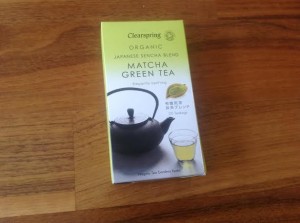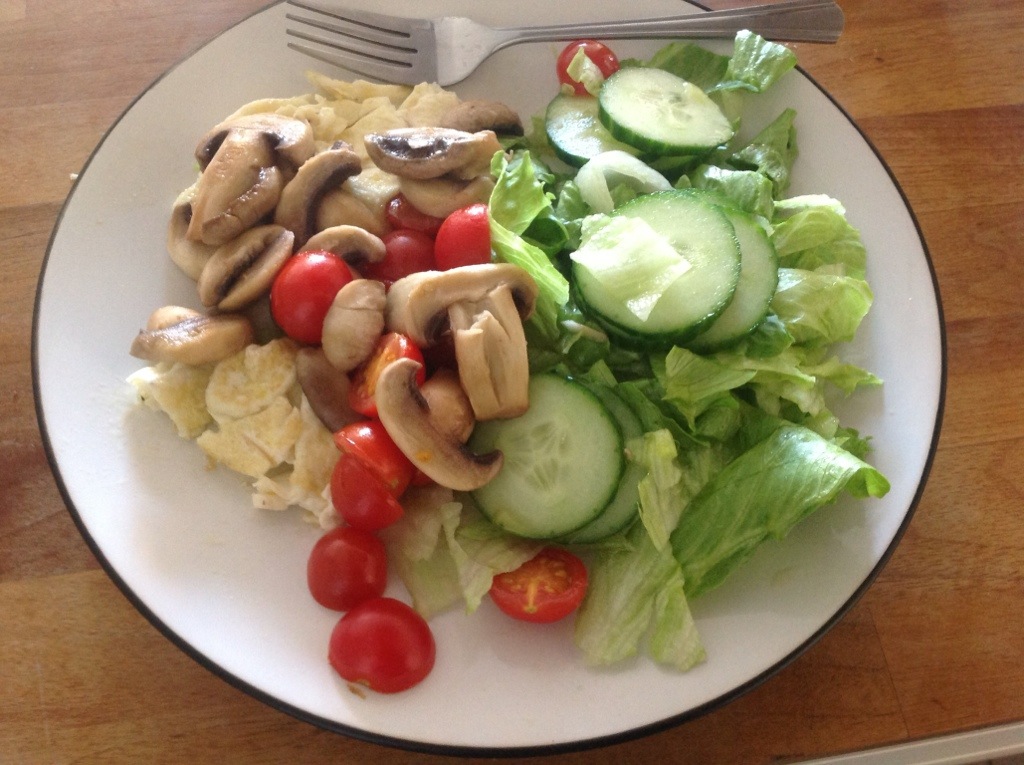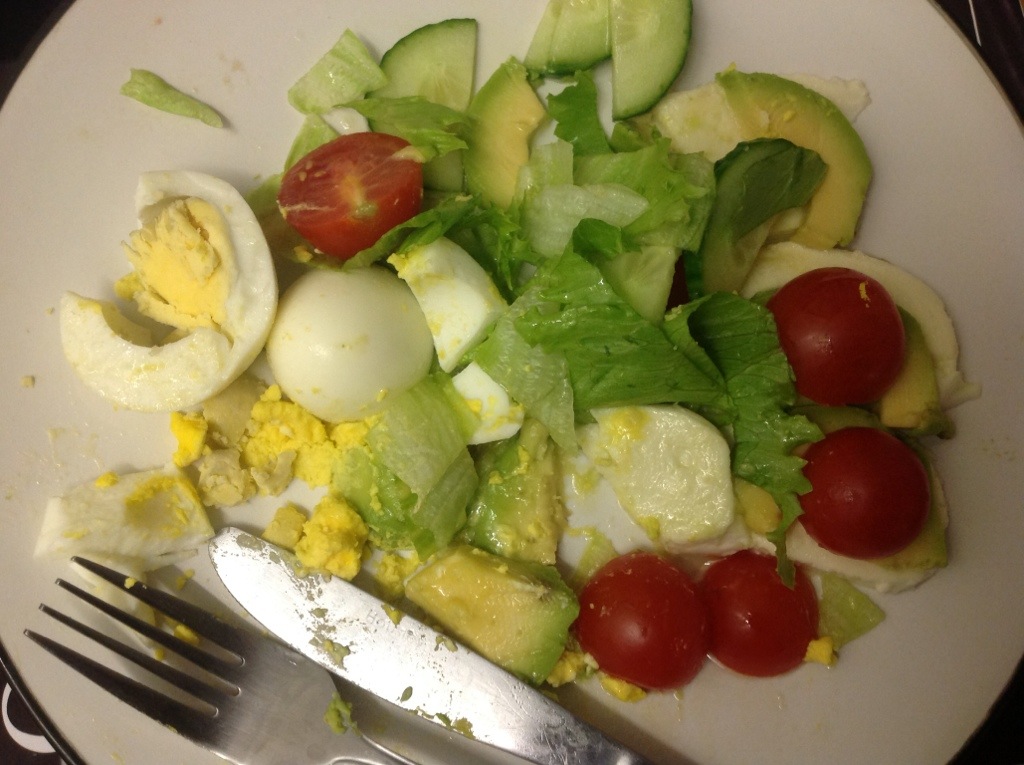Millions of people in the UK are putting their health at risk because of inadequate intakes of vital vitamins and minerals, a new study has revealed. But the research also highlights just how important the role of red meat is in the diet in helping to cover this nutrition gap.
Meat has been a staple part of the human diet since the dawn of mankind, but in recent years there has been some debate over whether too much red meat can raise the risk of health problems. Now a team of researchers has studied the issue of meat in the diet to help gauge just how important it is for a healthy mind and body – as well as the crucial nutrients that red meat in the diet brings.
The latest study found that data from dietary surveys indicates that UK diets for people of all ages can be worryingly low in nutrients normally found in meat, such as vitamin A, vitamin D, iron, magnesium, zinc, selenium and potassium. The researchers say that integrating red meat into diets across the age spectrum, from infanthood to old age, may help to narrow the present gap between vitamin and mineral intakes and recommended levels. In addition, there is emerging evidence that nutrients commonly found in red meat may play a role in supporting cognitive function, immune health and addressing iron deficiency.
Independent dietician Dr Carrie Ruxton, together with Emma Derbyshire, Senior Lecturer in Human Nutrition, Manchester Metropolitan University and Prof Robert Pickard, Emeritus Professor of Neurobiology, University of Cardiff, studied data from 103 previous scientific research papers. Many of the previous studies drew from the UK National Diet and Nutrition Survey (NDNS) – now an annual rolling programme which provides a valuable insight into the nutritional quality of modern diets. The new paper – entitled Micronutrient challenges across the age spectrum: Is there a role for meat in the diet? – is just published in the British Nutrition Foundation’s Nutrition Bulletin.1
The role of red meat in the diet
Red meat – defined as beef, veal, pork and lamb, which is fresh, minced or frozen – is a source of high quality protein and important micronutrients. Beef and lamb are classed as a ‘rich source’ – more than 30% of the recommended daily allowance (RDA) – of vitamin B3 (niacin), B12 (cyanocobalamin) and zinc. It is also a ‘source’ – 15% or more of the RDA – of iron, potassium and phosphorous. Pork is also a ‘rich source’ of vitamin B1 (thiamin). Meat, particularly from grass-fed animals, can be a valuable source of long chain (LC) n-3 polyunsaturated fatty acids (PUFA) such as omega 3 fatty acids. Research shows that these fatty acids support normal foetal development as well as help lower the risk of inflammatory conditions, depression and dementia in later life. Red meat is also an important source of haem iron – a type that is readily absorbed – and data shows that average iron intakes in the UK are inadequate, especially among females in general and during pregnancy.
UK nutrition – the seven ages of mankind
- Infants and pre-school children – studies show that diets in this age group are low in vitamin A, vitamin D, iron, zinc.
- Pre-pubescent children – diets were found to be low in vitamin A, magnesium, iron and zinc. Boys tended to have higher intakes of iron and thiamin than girls.
- Teenagers (13 to 18 years) – diets are low in many key nutrients – including vitamin A, vitamin D, iron, magnesium, zinc, selenium and potassium.
- Adults of reproductive age (19-50 years) – diets, particularly for females, fall short in magnesium and iron, as well as zinc, selenium and potassium.
- Pregnancy and lactation – Women on average fail to get enough calcium, magnesium, iron, iodine, selenium and potassium and vitamin D.
- Middle-age and older age (50 years and above) – while this group have better quality diets, there are still shortfalls in intakes of magnesium, zinc and potassium.
- Older-age (75 years and beyond) – data shows that in adults aged over 85, intakes of magnesium, zinc and potassium are below the recommended nutrient intake.
How meat affects health – latest investigations
While some studies have linked high levels of meat consumption with health issues, the evidence is inconsistent and the research varies in its quality – for instance one paper that found a link between meat and obesity included pies and pastries as well as lean cuts of meat. Indeed, other research found that lean meat consumption does not impact on risk of chronic disease. Chemicals called heterocyclic amines may be produced when meat is cooked or charred and these have been linked with an increased cancer risk. However, there is also evidence that meat contains nutrients with anticancer properties, such as LC n-3 PUFA, conjugated linoleic acids, vitamins B6, B12, D and selenium. In addition, older studies may not be so relevant today as the fat content of meat has reduced considerably over the past few decades as a result of changes in breeding and animal feeding practices.
In terms of heart health, a study showed that eating red meat (lamb) three times a week had no effect on low-density-lipoprotein levels – the so-called bad cholesterol – or triglycerides, both factors for cardiovascular disease, when compared to white meat. In another study of patients with high cholesterol levels, those who ate red meat every day were found to have fewer markers for heart disease. Studies have indicated that meat protein could help delay or reduce the gradual loss of muscle mass – a condition known as sarcopenia. Diet when younger may play a part in mental ability when older – data from a Chinese study found that adults aged 50 years and over who ate meat in childhood had improved memory recall. The Scientific Advisory Committee on Nutrition (SACN) – made up independent experts and which provides advice to the Department of Health – recommends that adults should consume a balanced diet with up to 70g of lean red meat per day and up to 500g per week.
Independent dietician Dr Carrie Ruxton, who led the study, says: “Meat has long played a central role in the human diet and is now recognised as an important source of high-quality protein and essential micronutrients. The research indicates that even in developed countries such as the UK, with a plentiful food supply, there is evidence of under-consumption of key vitamins and minerals which support long-term health. It is notable that many of these are present in red meat, such as iron, vitamin A, vitamin D, selenium, magnesium, potassium and zinc.
“Integrating red meat into diets across the age spectrum, from infanthood to old age, may help to narrow the present gap between intakes and recommendations. In addition, there is emerging evidence that nutrients commonly found in red meat may play a role in supporting cognitive function, immune health, and addressing iron deficiency. While concerns have been raised about the potential impact of meat on the risk of chronic disease, there is little evidence and may be triggered by meat cooking methods or other dietary factors.
“Moderate amounts of lean red meat provide a wide range of important nutrients, without substantially increasing intakes of energy and saturated fat. When consumed in moderate amounts as part of a balanced diet, lean meat is unlikely to increase the risk of chronic disease yet provides an important source of micronutrients. In addition, people who eat lean meat regularly tend to eat more vegetables, fruits, low-fat dairy products and have a higher intake of nutrients overall, suggesting that inclusion of red meat does not displace other important foods.”
Dr Ruxton adds: “Meat had a central role in the diet of early man and continues to do so in modern times. When eaten as part of a balanced diet, red meat represents an important source of protein and essential nutrients, which may contribute towards improving diet quality from weaning to old age. Recommended intakes for red meat – up to 500g cooked weight per week – would appear to be safe and most UK adults are within this range.”






